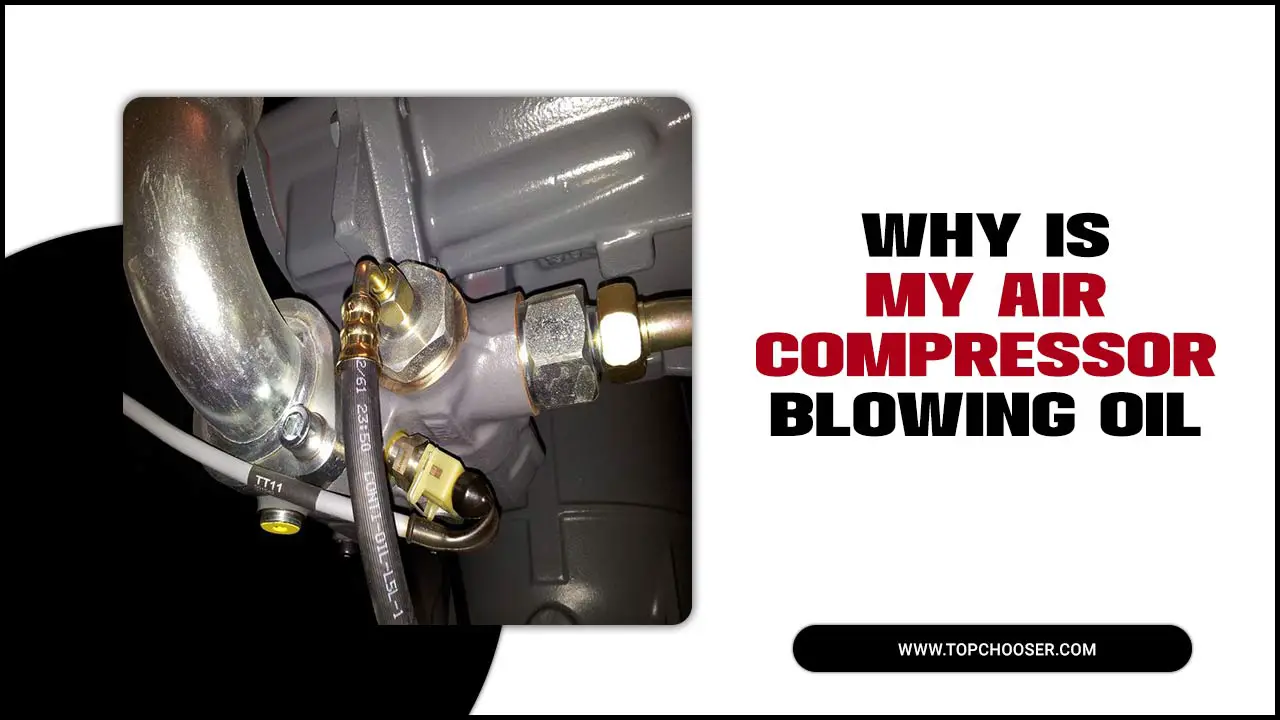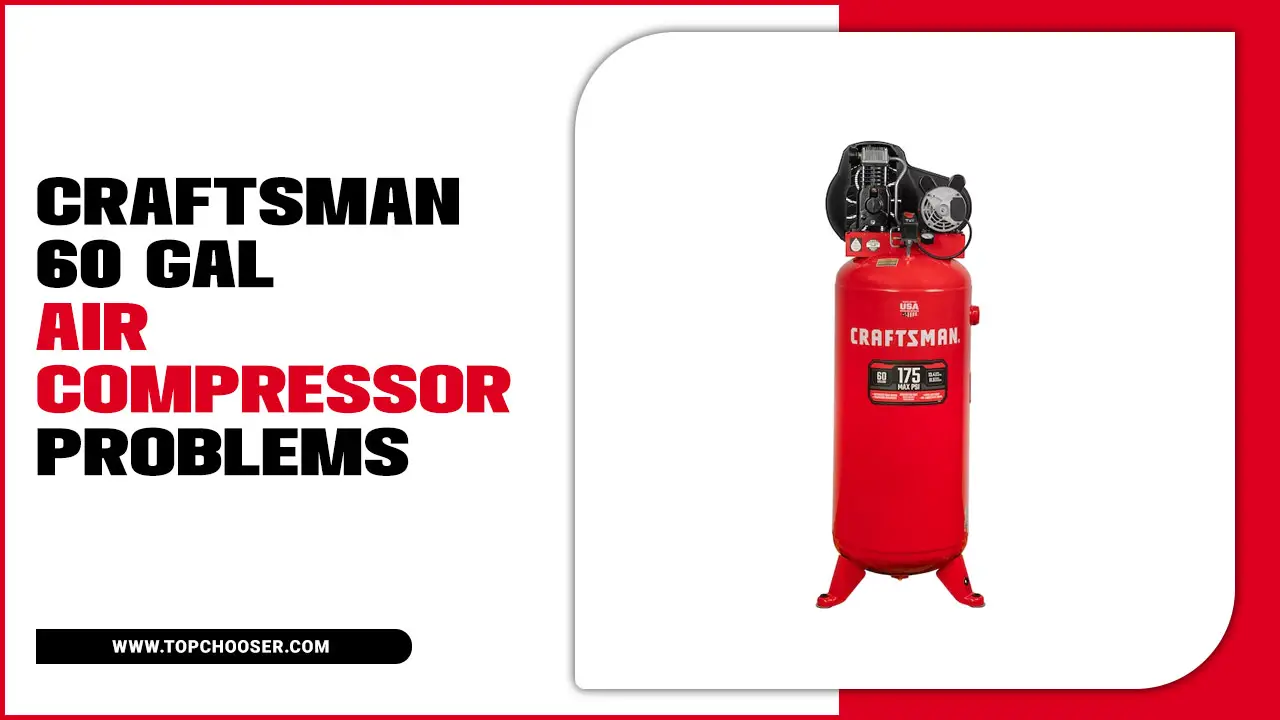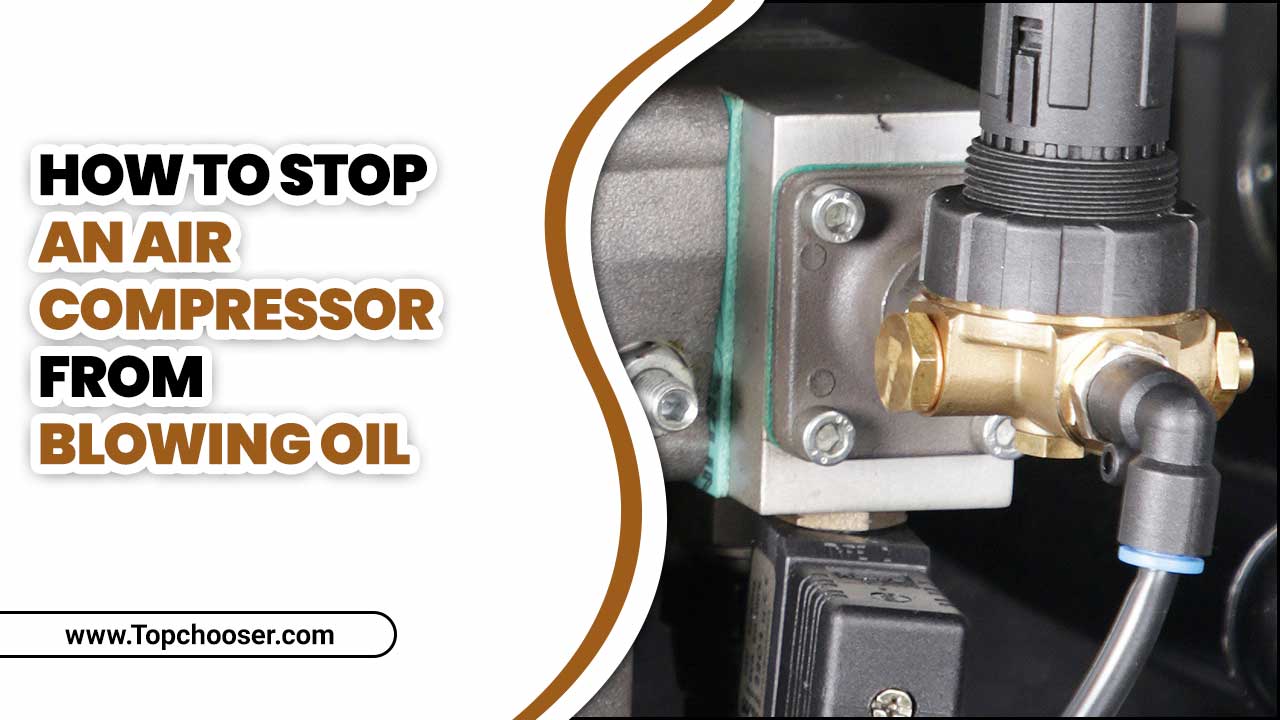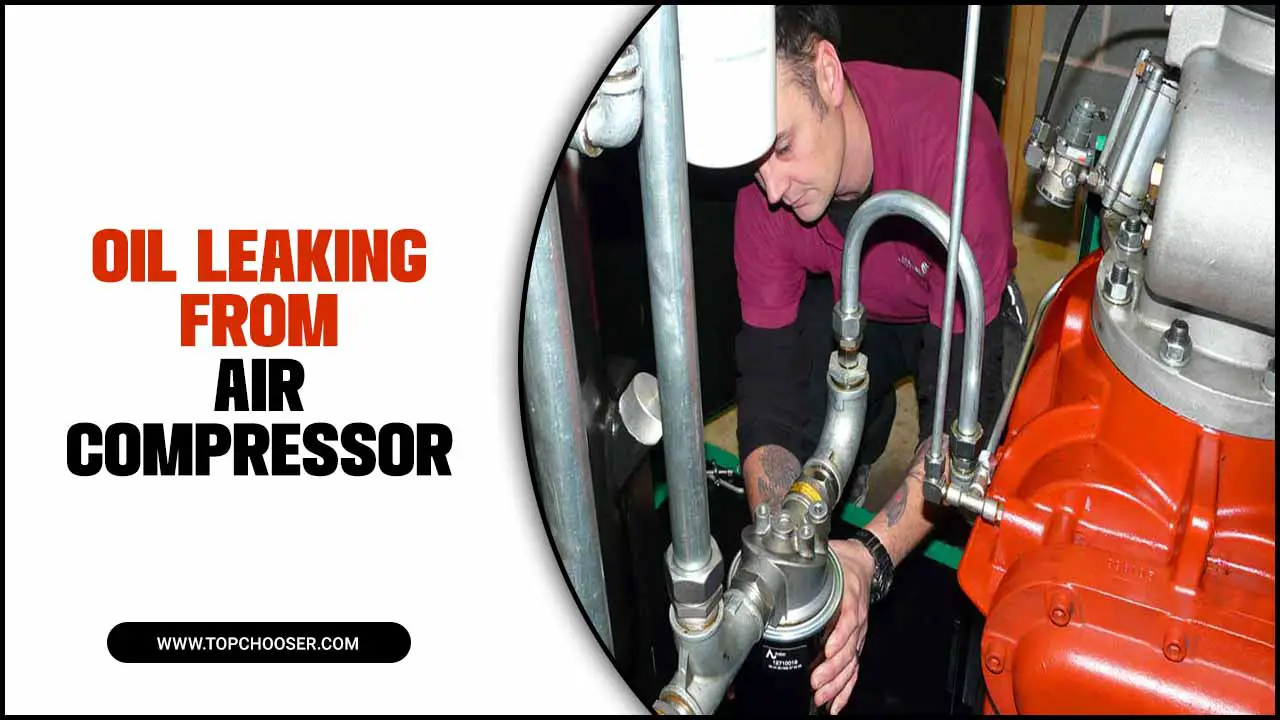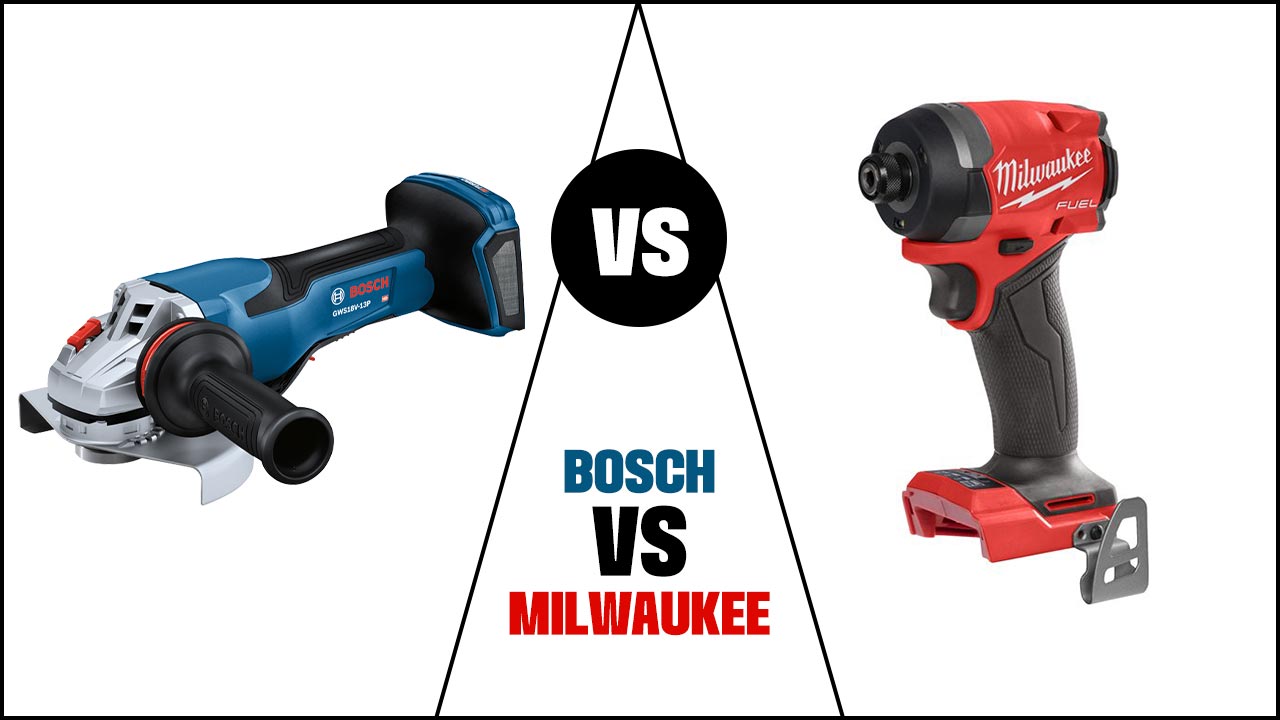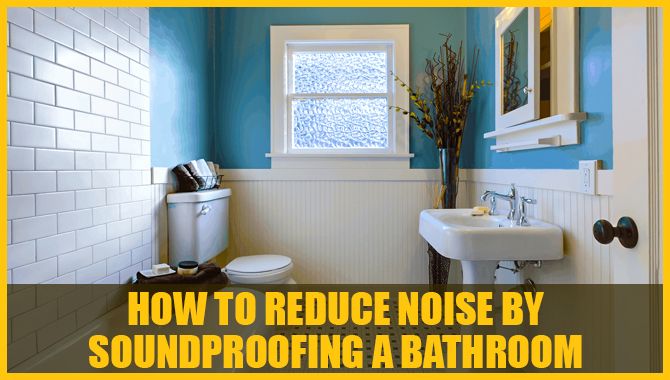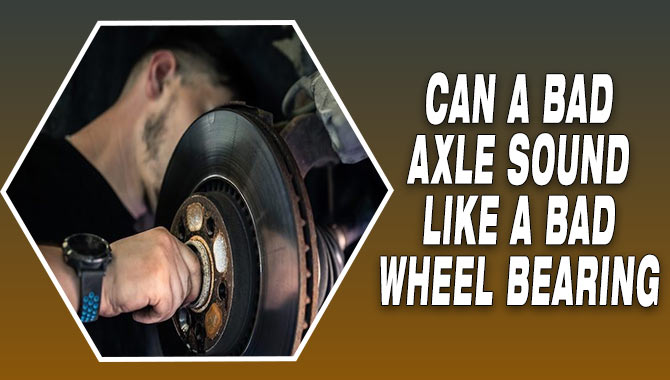Air compressors are essential in many industries, from construction to automotive repair. They are handy to power various pneumatic tools, such as nail guns, impact wrenches, and sanders. However, it can be frustrating and even dangerous.
A continuously running air compressor can overheat and cause damage to its components, leading to costly repairs. It can also pose a safety risk to anyone working near the compressor. We will explore the possible reasons why your air compressor won’t shut off and provide solutions to help you get back to work quickly and safely. We will cover common issues such as faulty pressure switches. Leaks in the system and problems with the unloader valve.
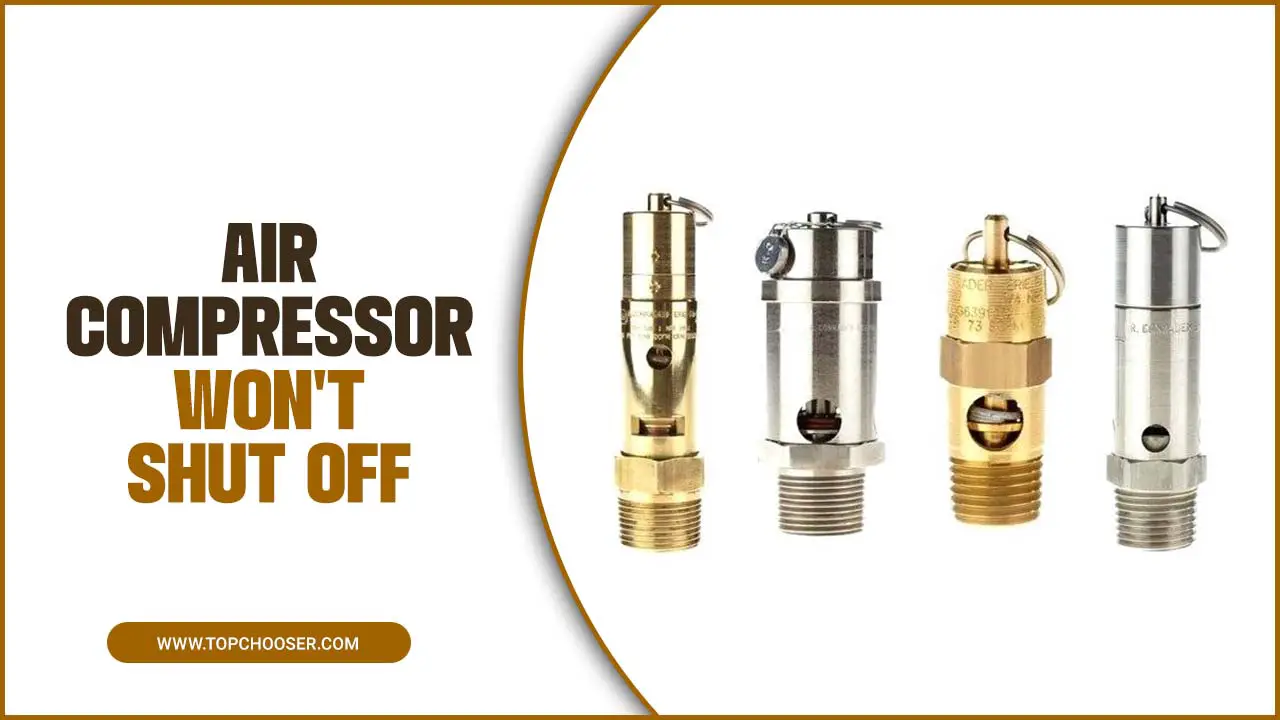
Air Compressor Won’t Shut Off – 10 Issues Get Fixed
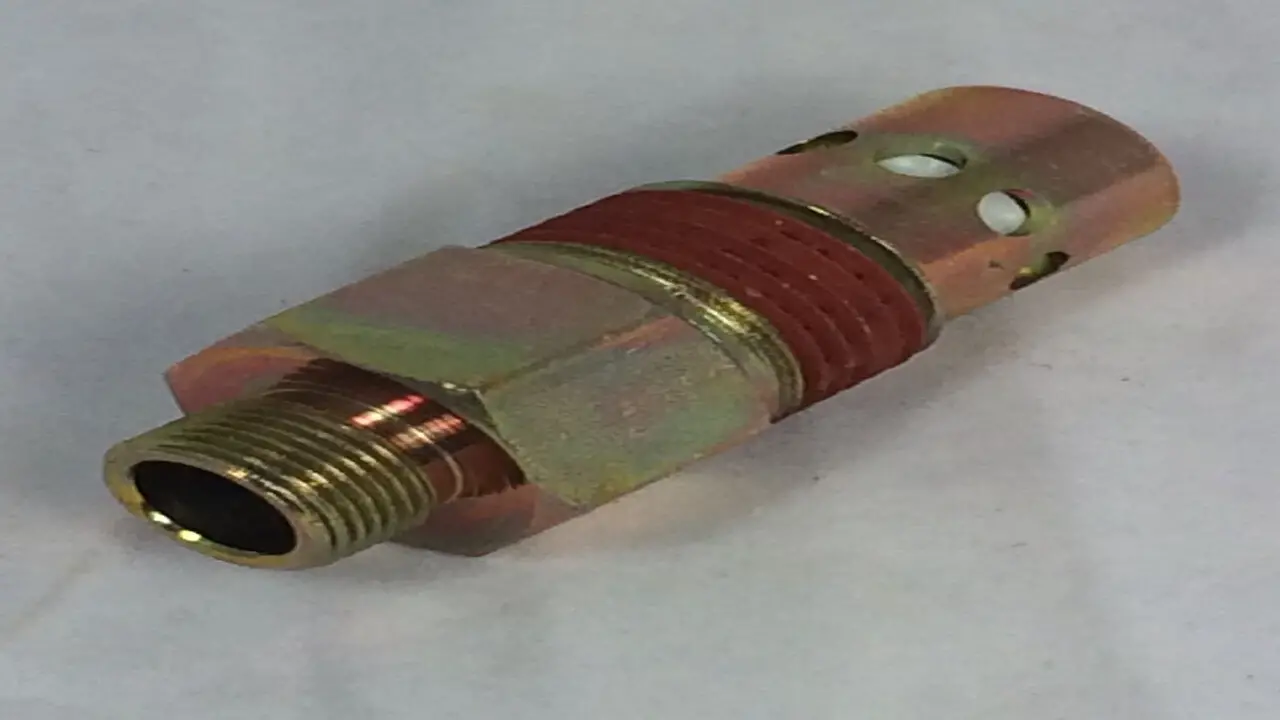
If your air compressor doesn’t shut off, several potential issues could be at play. Several potential issues must be considered if your air compressor doesn’t shut off. If your air compressor won’t shut off, several potential issues could need to be addressed. Here are 10 common problems that can cause an air compressor to run continuously and some possible solutions:
1. It Will Be Air Leakage
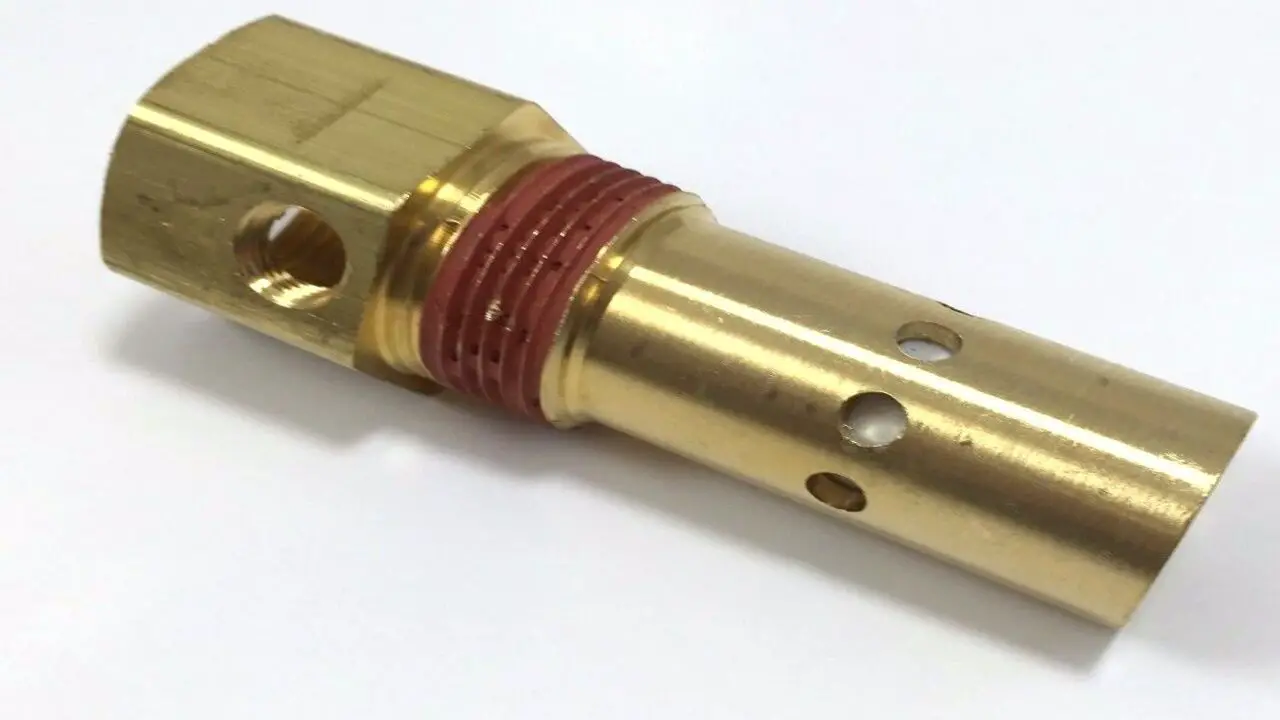
Air leakage is a common issue that can prevent the compressor from shutting off as it should. It’s important to check for leaks in the air compressor system’s hoses, fittings, and valves. Leaks can cause a drop in pressure, which keeps the compressor running continuously.
You can use soapy water or a leak detection solution to identify and fix any air leaks. Regular maintenance and inspections are crucial in preventing air leakage and ensuring the compressor shuts off properly. By addressing and fixing any leaks, you can avoid the compressor running longer than necessary and potentially save on energy costs.
2. Bad Pressure Switch
A faulty pressure switch can result in the continuous operation of an air compressor without it shutting off. Problems with the wiring of the pressure switch can also cause this issue. Additionally, if the pressure switch is worn out, it may no longer accurately detect the air pressure, leading to the compressor running non-stop.
To address this problem, adjusting the settings of the pressure switch or replacing it with a new one can be an effective solution. It is important to perform regular maintenance and inspections on the pressure switch to prevent any issues and ensure proper functioning.
3. Faulty Pressure Gauge
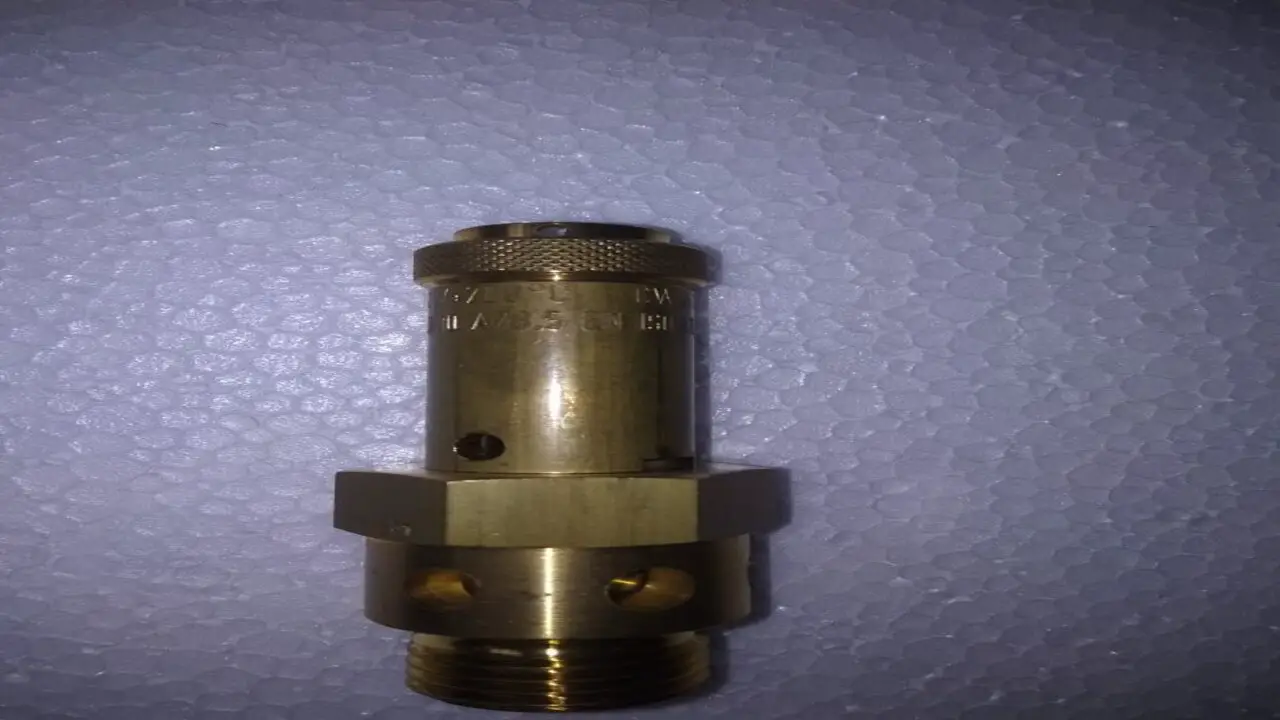
A malfunctioning pressure gauge can lead to inaccurate readings, resulting in the air compressor not shutting off at the desired pressure level. Regularly checking and calibrating the pressure gauge is crucial to ensure precise measurements. If the gauge is damaged or not functioning properly, it may need to be replaced to resolve the issue.
Sometimes, a simple cleaning or adjustment of the pressure gauge can fix the problem. It is advisable to consult the air compressor’s manual or seek professional assistance to troubleshoot and address any faults with the pressure gauge. Remember, an accurate pressure gauge is essential for your air compressor’s safe and efficient operation.
4. Leaking Gasket
One common issue that can cause an air compressor to run continuously is leaking gaskets. To identify a gasket leak, looking for visible signs such as oil or air escaping from the compressor is important. If a gasket is damaged, it should be replaced to resolve the issue and allow the compressor to shut off properly.
Regular maintenance, including inspecting and replacing gaskets when needed, can help prevent this problem from occurring. However, if the gasket is not the source of the issue, it is advisable to seek professional assistance for accurate diagnosis and repair. This ensures that any underlying problems are identified and resolved effectively to restore the proper functioning of the air compressor.
5. Drain Valve Left Opened
To ensure proper pressurization, checking if the drain valve is fully close is crucial. Leaving the drain valve open can cause air leakage, preventing the air compressor from shutting off. Simply closing the drain valve tightly will resolve the issue of the air compressor not shutting off.
It is also important to regularly inspect and maintain the drain valve to avoid future air compressor problems. If the drain valve is damaged or faulty, it should be replaced to restore the proper functioning of the compressor. Neglecting the drain valve can lead to a serious issue and may result in unsafe pressure levels.
6. Defective Pressure Relief Valve (Prv)
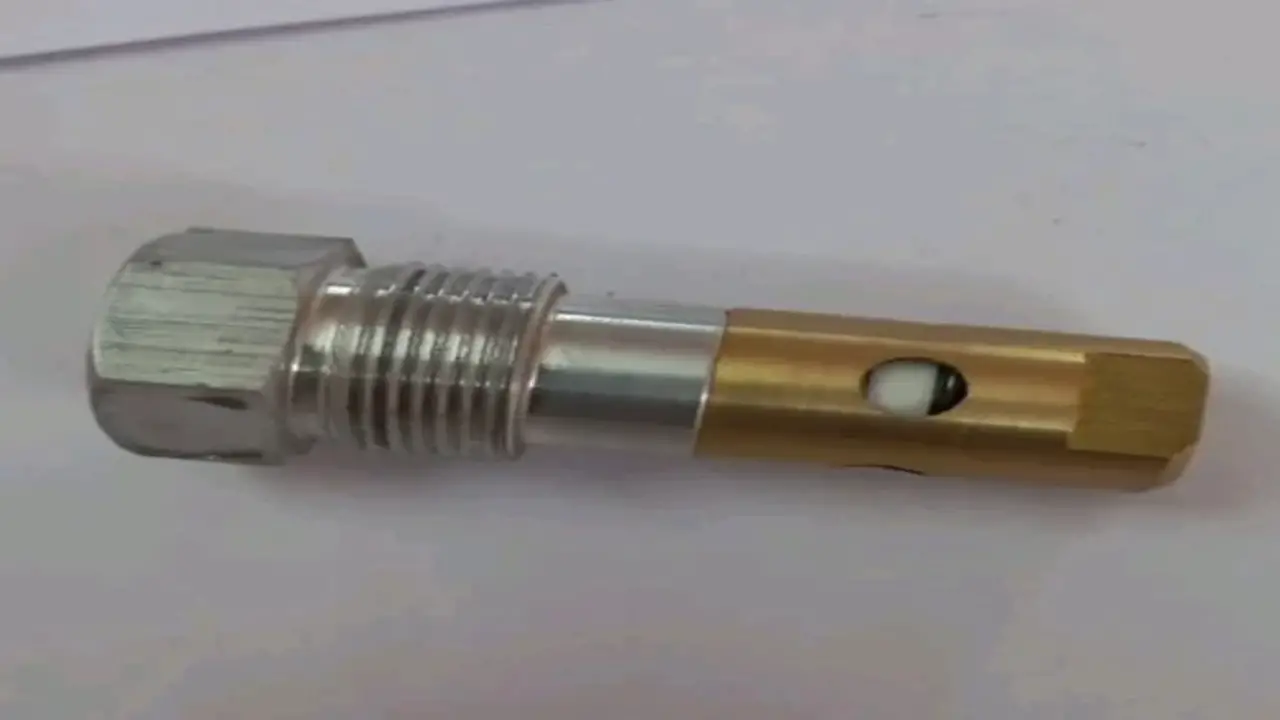
A defective pressure relief valve (PRV) can lead to the continuous running of the air compressor without shutting off. Inspecting the PRV for any signs of damage or malfunction is important. If the PRV is found to be faulty or not functioning properly, it should be replaced.
Regular maintenance and cleaning of the PRV can also help prevent operation issues. In case you need assistance with replacing or repairing the PRV, it is recommended to consult the owner’s manual or contact a professional. Remember, a well-functioning PRV is crucial for the proper operation of the air compressor, ensuring safe and efficient performance.
7. Dusty Air Filter
Regularly cleaning or replacing the air filter is crucial for maintaining the optimal performance of your compressor. A dusty air filter can restrict airflow, leading to strain on the compressor motor and potential overheating. When the air filter becomes clogged with debris, it hampers proper airflow and can cause the compressor to stay on continuously.
By checking the air filter regularly and cleaning it if necessary, you can prevent these issues and ensure the efficient operation of your compressor. Taking care of your air filter not only helps extend the lifespan of your compressor but also prevents more serious problems from occurring in the future.
8. Piston Is Dying
If your air compressor runs continuously without shutting off, it could be due to a dying piston. Over time, pistons can wear out and lose compression, leading to this issue. To fix the problem, you may need to replace the damaged or worn piston. It’s important to regularly maintain and lubricate the piston to prevent premature wear and failure.
If you’re facing problems with a dying piston, it’s best to seek a professional technician who can diagnose and repair it. Remember, regular maintenance is key to ensuring your air compressor’s longevity and optimal performance.
9. Broken Check Valve
If your air compressor keeps running without shutting off, it could be due to a malfunctioning check valve. The check valve is responsible for regulating the airflow and preventing backflow, so it’s important to inspect it for any signs of damage or blockage. If you notice any issues, such as cracks or debris, replacing the broken check valve may solve the problem of the air compressor not shutting off properly.
A broken check valve can also lead to air leakage, which can cause the compressor to operate continuously. Regular maintenance and inspection of the check valve are crucial to avoid this. By taking preventive measures and ensuring the proper functioning of the check valve, you can prevent any issues with your air compressor shutting off when it should.
10. Loose Belt
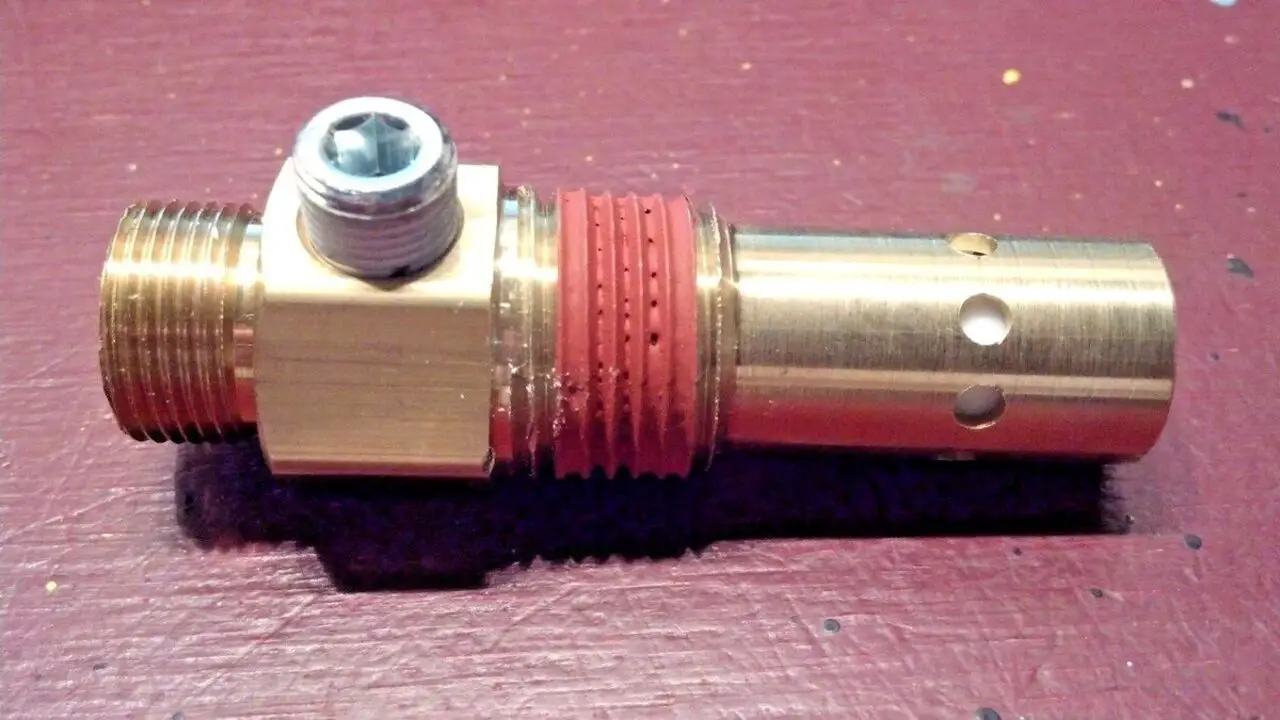
If your air compressor is not shutting off, one possible cause could be a loose belt. When the belt becomes loose, it can lead to the continuous running of the compressor. You should check the belt’s tension and adjust it if necessary to resolve this issue.
Regular maintenance and inspection of the belt are critical to prevent it from becoming loose. If you are unsure how to fix a loose belt, refer to the manufacturer’s manual or seek assistance from a professional technician. It is important to promptly address a loose belt as it ensures your air compressor’s proper functioning and avoids potential damage or breakdowns.
Conclusion
If your air compressor won’t shut off, there could be multiple reasons causing this issue. It could be due to air leakage, a bad pressure switch, a faulty pressure gauge, a leaking gasket, a drain valve left opened, a defective pressure relief valve (PRV), a dusty air filter, a dying piston, a broken check valve, or a loose belt.
To troubleshoot the problem, systematically check each component and address any issues found. Regular maintenance and inspections can help prevent these problems from occurring in the first place. You can ensure optimal performance and longevity by keeping your air compressor in good working condition.
Frequently Asked Questions
[rank_math_rich_snippet id=”s-228a5d09-3d1f-43c5-94a3-d0f439cf7d70″]

I am passionate about home engineering. I specialize in designing, installing, and maintaining heating, ventilation, and air conditioning systems. My goal is to help people stay comfortable in their homes all year long.

